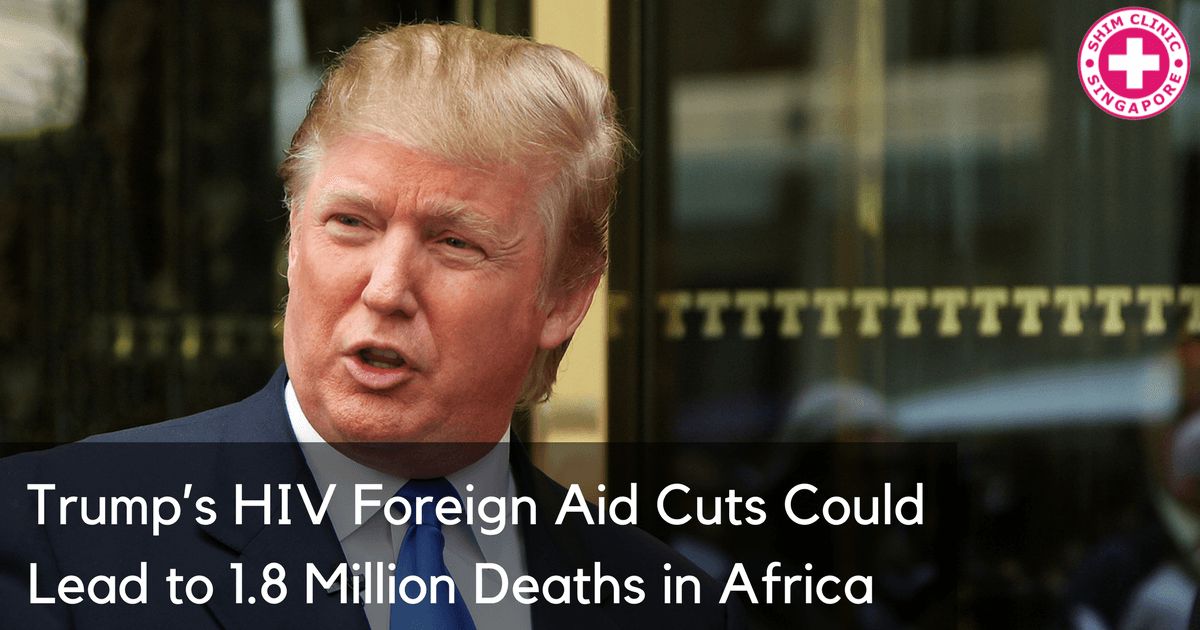If the plan by U.S. President Donald Trump to reduce foreign aid that goes to support the treatment of HIV/AIDS is implemented, this could result in over 1.8 million deaths in Ivory Coast and South Africa.
Statistics released by a recent global study conducted to find out what the impact of budget cuts would have on HIV care, show that the move would result in deaths that outweigh the intended financial savings. The study was published in the Annals of Internal Medicine.
Funds to improve HIV healthcare through the provision of preventive treatments such as HIV PEP and HIV PrEP, testing, antiretroviral care (ARVs) and support have gone a long way to reduce HIV infections in Africa.
South Africa has the Highest HIV Prevalence in the World
Currently, South Africa is leading in HIV prevalence globally. 19% of the South African adult population is HIV positive. According to UNAIDS, there are a total of 7 million people in South Africa living with HIV. On the other hand, Ivory Coast has about 460,000 HIV positive people.
The US president in May proposed that the 2018 budget include cuts to the President’s Emergency Plan for AIDS Relief (PEPFAR) program. This is a major U.S. global health assistance program.
The program has for years been supporting HIV/AIDS testing, prevention, treatment, and counseling for millions of people in Africa and the rest of the world.
Program to Get $1 Billion Less Annually
The U.S. State Department said that the proposed budget will see PEPFAR receive $5 funding billion per year down from the current $6 billion annually. However, patients currently receiving ARVs through PEPFAR support will continue with that treatment.
Mathematical models used to measure the budget cut’s impact show that about 1.8 million HIV positive people in South Africa and Ivory Coast will die over the next 10 years due to lack of ARVs.
90% of Ivory Coast’s HIV prevention and care funding comes from international aid. South Africa self-finances a huge proportion its HIV costs but due to the high HIV prevalence, still depends on international funds.
The researchers said that the budget cuts don’t make any sense because there will be more to lose, in terms of life, than there will be to save, in terms of money. This is because any savings made by cutting HIV funding would then have to be used over the decade to deal with high costs as a result of high spread of HIV due to the scaled back testing and care.
The researchers said the move raises an ethical question on the value of life. They feel that imposing such cuts on highly needy populations such as the two African countries, is a reflection of just how lowly donor countries value life in recipient countries.
The scientists feel that the relatively small savings that would be made from the proposed budget reductions will not be worth the large humanitarian costs that will come after the cuts. They also feel that the president’s proposal would hurt all the effort put over the past decade and a half to save lives in African nations.

